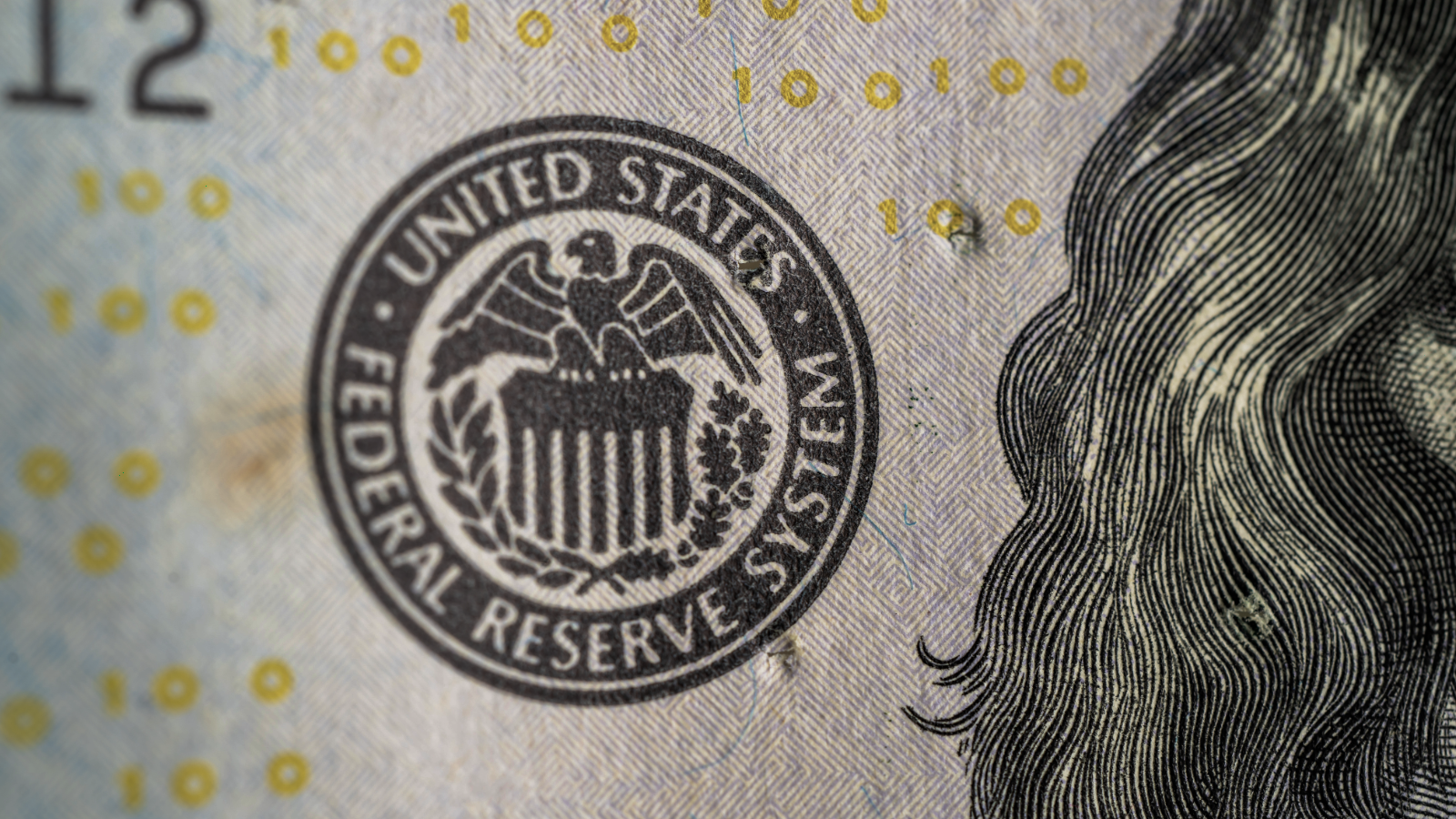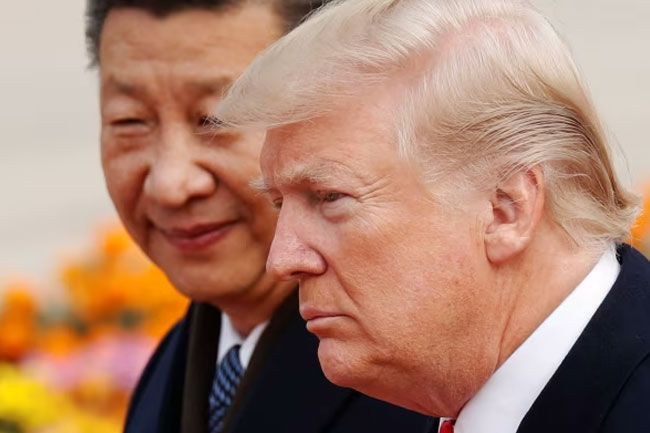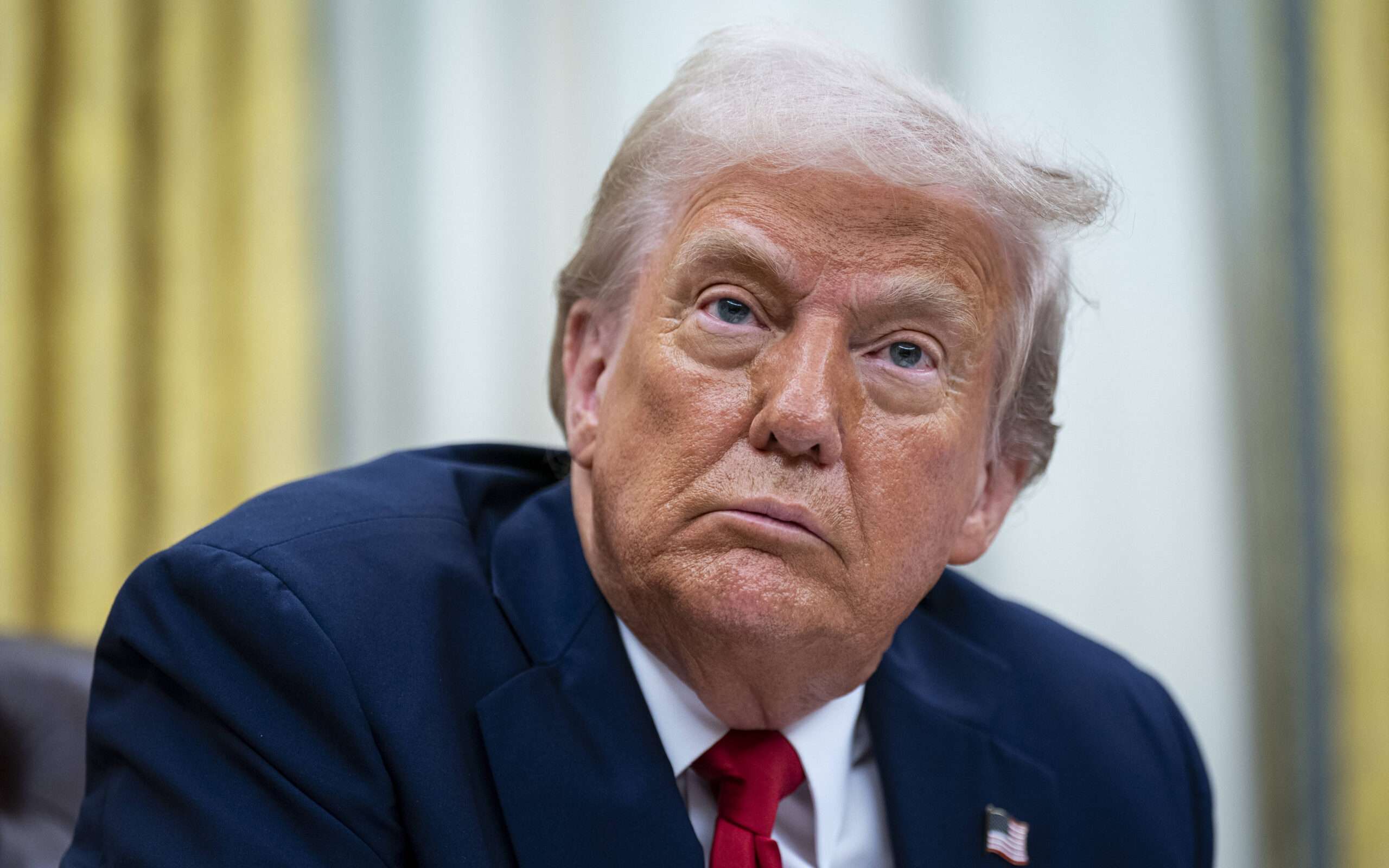Meloni's US Visit: Strategic Moves Amid Tariff Tensions
Italian Prime Minister Giorgia Meloni's upcoming visit to the US holds considerable implications amid ongoing tariff tensions. Her meeting with President Donald Trump aims to alleviate trade pressures while navigating complex EU dynamics.
Published April 17, 2025 - 00:04am

Image recovered from arabnews.com
Italian Prime Minister Giorgia Meloni is embarking on a high-stakes diplomatic mission to the United States, where she intends to meet with President Donald Trump. This visit is underscored by the ongoing tensions surrounding the United States' tariffs on European goods. Meloni's agenda is heavily focused on trade negotiations, aiming to foster smoother transatlantic relations and mitigate the economic pressures these tariffs have imposed on her nation, which prides itself on its robust export-driven economy.
Meloni's visit takes place in a delicate context, as the Trump administration has adopted a more aggressive trade stance, attempting to leverage tariffs as a tool for negotiations. The Italian leader is faced with the challenging task of advocating for an economic environment that benefits both her country and the broader European Union while maintaining her rapport with President Trump, a relationship marked by ideological affinity.
Criticism from European neighbors, notably from French officials who fear a fracturing of EU unity, presents another layer of complexity. The French government has been vocal about the risks involved if EU member states engage in bilateral discussions with the US, which they argue might undermine the collective bargaining power of the 27-nation bloc.
Despite these intra-European tensions, Meloni's efforts have received some support. The European Commission has expressed a degree of optimism regarding her role in potentially steering the discussions towards a more favorable outcome for the EU. Her visit is seen as an opportunity to act as a 'bridge' between Brussels and Washington, a pivotal role at a time when European Commission President Ursula von der Leyen has yet to secure direct engagement with Trump. The Commission remains hopeful that Meloni will advocate effectively for the elimination of Trump's reciprocal tariffs, a move that could stabilize transatlantic commerce.
Amidst these trade discussions, Meloni is also slated to engage with the broader themes of international diplomacy, including defense spending—a dimension likely to arise given Trump's consistent pressure on NATO allies to increase their defense budgets. Analysts suggest that Meloni may promise to augment Italy's defense expenditure, aligning with Trump's agenda while potentially increasing Italy's strategic significance within NATO.
Concurrently, the geopolitical dynamic involving China remains another critical factor in these negotiations. While Trump continues to maintain tariff barriers against China, his administration's stance could inadvertently push European nations closer to Beijing, a diplomatic shift that could have broader implications beyond the immediate US-Europe tensions. Recent dialogues, such as Spanish Prime Minister Pedro Sanchez's meetings with Chinese President Xi Jinping, reflect Europe's attempts to balance these complex global relationships.
Within Italy, the anticipation surrounding Meloni's diplomatic engagements is palpable. The Italian vice-premier and Minister for Foreign Affairs, Antonio Tajani, has publicly expressed confidence in Meloni's capability to navigate these discussions to Italy's advantage. He emphasized the potential benefits not only for Italy but also for the EU, suggesting that a successful diplomatic effort could stave off a more extensive trade conflict and bolster the creation of a free trade area linking the EU and the US.
As Meloni prepares to meet with Trump, the outcomes of these talks could be a significant determinant of future transatlantic relations. While the immediate focus remains on avoiding detrimental tariff escalations, the broader implications of Italy's diplomatic strategies may reshape economic and political alignments on the global stage. The success of Meloni's discussions could thus redefine Italy's role as a central player in bridging US-EU relations during a period marked by complexity and uncertainty in international politics.







